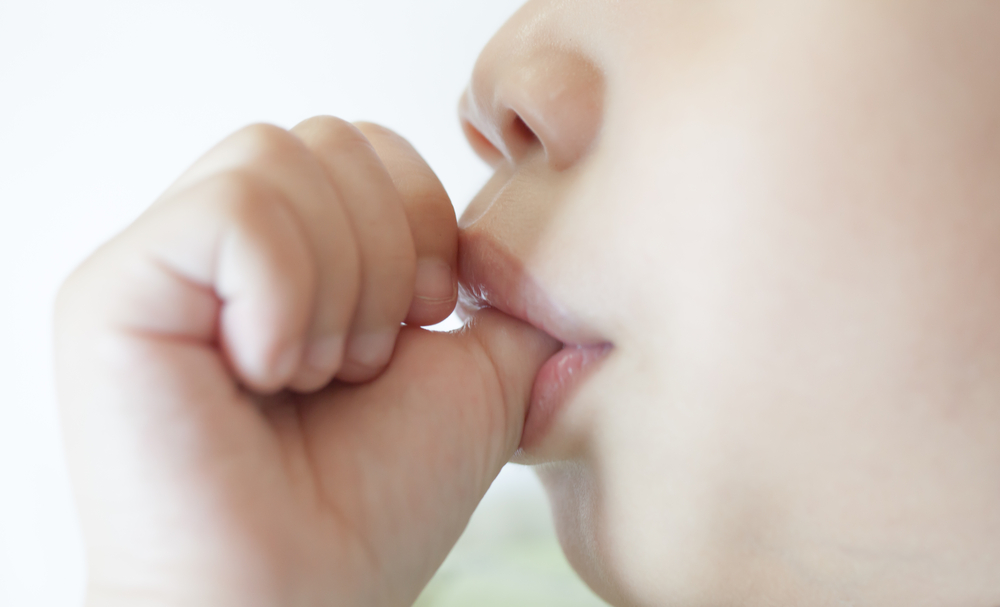Thumb sucking isn’t actually a problem until the point when the permanent teeth come in. At that point, thumb sucking may begin to impact the roof of the mouth or the palate or how the teeth line up. This will likely happen if an older child sucks in a vigorous manner, instead of lazily resting the thumb in his or her mouth. In any case, vigorous thumb sucking can cause issues in a child’s teeth.
In some cases, simply ignoring thumb sucking is sufficient to stop the behavior, particularly if your kid utilizes thumb sucking as an approach to get attention. In the event that disregarding it isn’t effective, attempt one of these methods:
Recognize triggers. If your child sucks his or her thumb because of stress, recognize the main problem and give comfort in different ways such as an embrace or consoling words. You may likewise give your child a cushion or squishy toy to crush.
Use positive reinforcement to make your child stop their behavior. Give them rewards or praise when they stop thumb-sucking.
Remind them gently that they should not do thumb-sucking. This only helps when the child also has the willingness to stop.
If all these approaches are not working seek the help of a mental health professional.


